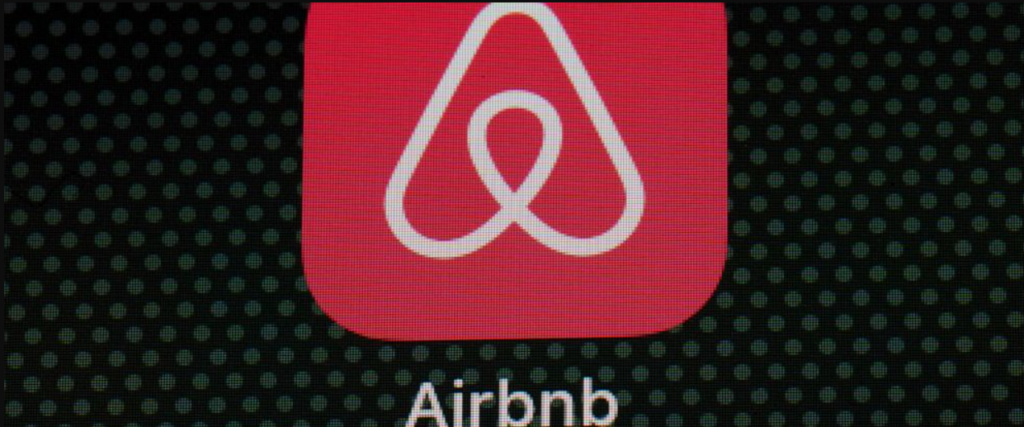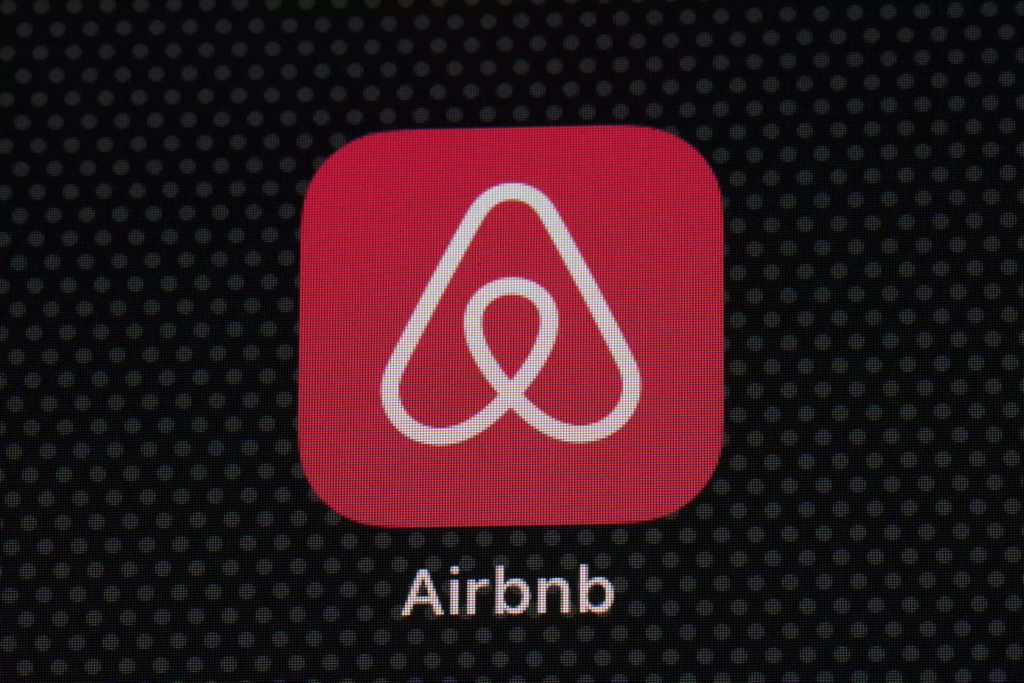
Airbnb announced on Tuesday that it earned $117 million in the first quarter as revenue increased during the ongoing travel recovery, but investors were disappointed by the company’s outlook for late spring and early summer.
The weak prognosis overshadowed Airbnb’s first quarterly profit in the first three months of the year, a period in which travel is traditionally sluggish.
Airbnb’s prediction sent San Francisco-based shares down almost 12% during extended trading hours.
The company’s profit was 18 cents per share, compared to a loss of $19 million the previous year. According to a FactSet survey, revenue increased 20% to $1.82 billion, exceeding Wall Street’s forecast of $1.79 billion.
Airbnb’s closely monitored metric of nights and experiences booked increased by 19% to 121 million, and the company’s valuation of the quarter’s bookings increased by 19% to $20.4 billion.
In an analyst call, CEO Brian Chesky said, “Despite continued macroeconomic uncertainty, we have seen our highest number of active bookers ever.”
Airbnb stated that second-quarter bookings growth will not be as substantial as it was a year ago, when consumers were booking travel after staying at home during the outbreak of the omicron variant of COVID-19. In the period from April to June, the company predicts that bookings will grow more slowly than revenue, and that the average daily rental rate will be “slightly lower” than a year ago.
The company predicted that second-quarter revenue, which would include the beginning of the summer travel season, would be approximately $2.40 billion. That was less than the average analyst forecast of $2.42 billion.
Airbnb stated in a letter to shareholders that its revenue and aggregate value of reservations are double what they were prior to the pandemic.
Airbnb receives a boost from individuals who are traveling while taking advantage of the ability to work remotely and avoid the office. More of these travelers are reserving international accommodations. The company reported a 36% increase in international bookings over the first quarter of the previous year, aided by travel to and within the Asia-Pacific region and bookings into North America.

The average nightly rate paid by Airbnb customers was $168, the same as the previous year, according to the company. Price increases in some locations were partially offset by a trend toward city accommodations, which are typically less expensive than whole-house rentals in coastal and mountain destinations.
Airbnb is worried about rising pricing driving users away.
The company announced a renewed emphasis on renting rooms in hosts’ homes last week, which it said would generate average nightly room rentals of $67. Chesky stated that accommodations would appeal to younger travelers who cannot afford to rent an entire home.
Airbnb is progressively incorporating cleaning fees – a significant complaint among Airbnb customers – into the initial total price that consumers see when searching for accommodations. Although there is no indication in the company’s disclosures as to whether or not this is occurring, Chesky stated that the pricing change should reduce cleaning fees.
In addition, the company reported that it continues to discover new listings – the number of accommodations available for rent on the platform increased by 18% in the first quarter, with the greatest increase in North America and Latin America. Chesky stated that this should aid in price control.
